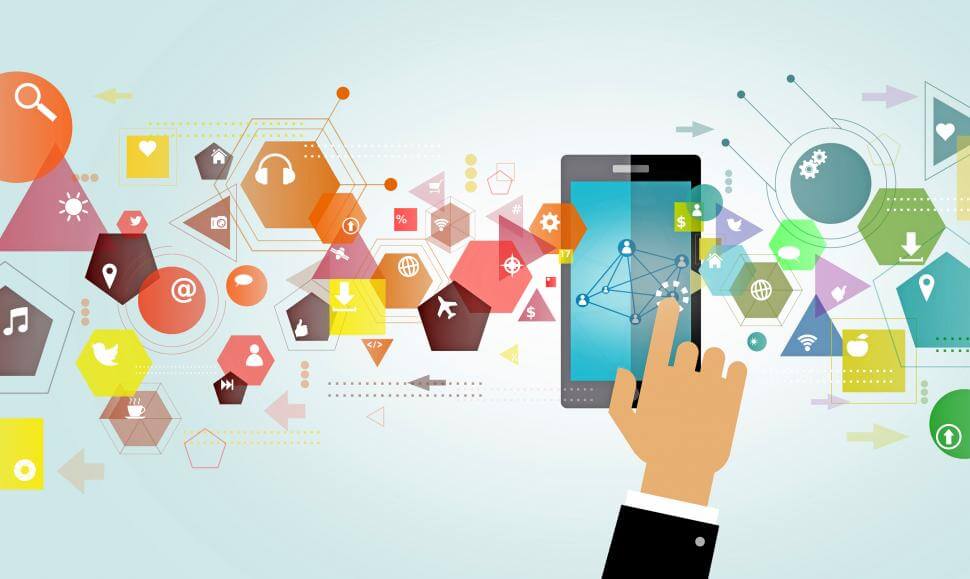

Practice Presence
Facebook
Twitter
LinkedIn
WhatsApp
I learned the hard way that balance is more readily discovered when you’re present to the many blessings of your life as well as the task at hand. What follows is an excerpt from my book, Navigate Chaos, available October 10 on Amazon. I hope excerpt helps you focus on some practical steps to improve your presence in the moment.
(You’ll notice some questions throughout. They aren’t rhetorical. Answer them for yourself or join the conversation about them in the comments or on LinkedIn and Twitter.)
While I don’t profess to be perfect, I’m much more intentional about living a life in the present moment. Conversations with colleagues are one simple, yet incredibly impactful example. I continue to practice what it means to experience life firsthand with others. I often tell myself that there is no “one” or no “thing” more important than the individual I’m about to engage with in conversation or life.
There is no greater gift that you can give to another than genuine presence . . . than undivided attention in your engagement with another human being.
Unfortunately, we subject ourselves to far too many distractions that impact our presence to others or the task at hand. One of the greatest inventions of our time is probably also the single greatest detriment in our efforts to live in the present moment: the cell phone. We’ve all seen it: waiting for the bus, standing in the elevator, taking the ten-minute meeting break, or simply appearing to be engaged when we have no one to engage.
Worse yet, we’re conditioned like Pavlov’s dog. We jump at the ding of a new text message. Our email is always open. We’re programmed to receive instantaneous news alerts and sports updates. We’re addicted to Facebook, Snapchat, Instagram, and Twitter. We must answer every phone call.
In April 2017, Adrian F. Ward and coauthors from the McCombs School of Business at the University of Texas released a study suggesting that even the mere presence of one’s smartphone significantly reduces cognitive capacity. In their study, Ward and his colleagues had nearly eight hundred participants take a variety of tests on a computer. These tests, intended to measure cognitive capacity, required complete concentration in order to score well. All the participants were randomly instructed to place their smartphones face down on the desk, in their pocket or personal bag, or in another room. In addition, all participants turned their phones to silent.
Even without the typical distraction of active smartphones, the researchers found that the mere presence of the smartphone impacted cognitive performance. Those with their smartphones in another room significantly outperformed those with their cell phones on the desk in front of them. In subsequent studies, Ward and his colleagues further discovered that it really didn’t matter if the cell phone was turned on or off. Simply its presence impacted performance.
These research insights are the motivation behind why our company, CEEK, adopts Analog Time as a weekly ritual. This is an intentional effort to focus on what’s important, but not urgent. We’re encouraged to remove all digital technology and to remove all physical and mental distractions.
When and where in your life can you put the smartphone away? When and where in your life can you put distractions in another room? How and when can you practice and embrace Analog Time?
As you think about presence and distraction in your life, consider the questions posed here and join the conversation in the comments or LinkedIn and Twitter.



